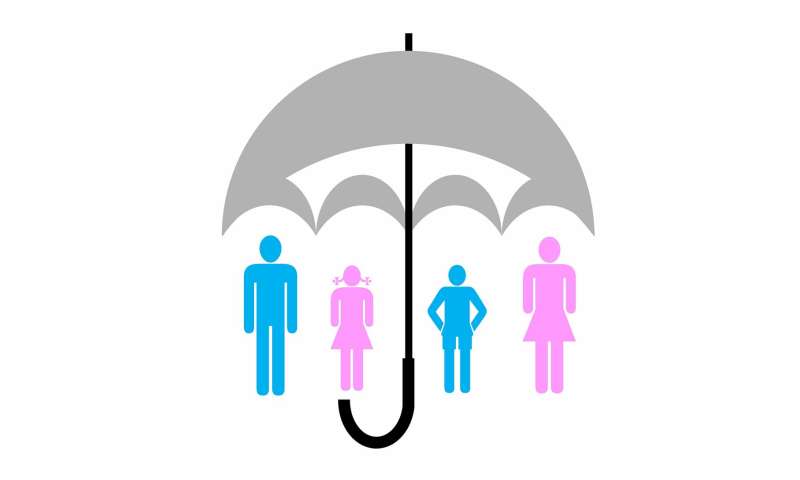Number of uninsured Americans skyrockets during COVID-19 pandemic

More Americans have lost their health insurance during the COVID-19 pandemic than ever before in United States history, according to a recent study.
An estimated 5.4 million American adults have become uninsured because of job losses from February to May, according to a July report from Families USA, a Washington, D.C., consumer advocacy group.
In Ohio, 139,000 workers lost their insurance along with their jobs between February and May 2020 – a 21% increase from 2018, according to the study. There were 784,000 total uninsured Ohio adults in May 2020 compared to 645,000 in 2018, according to the study.
“It becomes much harder to combat COVID-19 if you don’t have health insurance,” said Stan Dorn, the director of the National Center for Coverage Innovation at Families USA.
The typical cost to hospitalize COVID-19 patient can range anywhere from $14,000 to nearly $75,000, according to several studies published this year. The total bill depends on a variety of factors, including type of health insurance, level of treatment and the state the patient lives in.
Ohio has an expanded Medicaid program, so unemployed Ohioans should apply for Medicaid as quickly as possible. Dorn said.
Ohio expanded Medicaid eligibility under the Affordable Care Act to low-income adults, including those without dependent children, on Jan. 1, 2014. Coverage was extended to adults with an annual income up to 133% of the federal poverty level, which for an individual this year would be $16,612, $34,248 for a family of four.
The Ohio Department of Insurance also recommends reaching out to a local insurance professional through the agent locator on their website to get help answering questions.
The number of Ohioans filing for new unemployment benefits fell below 20,000 the week of Aug. 17 for the first time since March. But more than 344,000 Ohioans are still relying on unemployment checks, eight times more people than last year at the same time.
Becca Barth, 27, of Weinland Park, was one of those Ohioans who lost her job during the early months of the pandemic.
She was furloughed for two weeks in April as the marketing coordinator at Nikola Labs, a tech startup company, and was then laid off. Her former employer said she would be able to keep her employer-provided health insurance with UnitedHealthcare through the end of June.
Barch has multiple sclerosis and gets shots every month to slow down the progression of the disease that cost $8,000. Her insurance had covered it all.
“I could not afford to pay $8,000 a month, especially when I’m unemployed,” she said.
When she realized she would be losing her employer-provided health insurance, she recalled wondering if she could get away without taking the medication.
Luckily, that wasn’t necessary. She married her partner on May 13 and is now on her Cigna health insurance plan. “It was definitely a very stressful few weeks before we decided to get married,” she said.
Chronic illnesses like multiple sclerosis, heart disease and cancer don’t go away during a pandemic, Dorn said.
People who lose their health insurance are more likely to get a late diagnosis for their chronic illnesses, making it harder to treat, which could lead to a preventable death, he said.
Health insurance isn’t always people’s first concern when they become unemployed.
“When you lose your job it’s a real gut-punch, emotionally,” Dorn said. “Most folks who lost their jobs don’t have the bandwidth to deal with health insurance. The top priority becomes survival, keeping the lights on, putting food on the table, paying the rent and looking for a new job.”
And the higher number of people unemployed often means higher rates for everyone, said Adam C. Johnson, senior research analyst for QuoteWizard, an insurance comparison marketplace.
“People without health insurance still receive health care … Those costs that result in hospital debt are offset through higher costs of health care,” Johnson said. “So without health insurance there tends to be a lot of debt that piles up and the way to overcome that debt for hospitals is to raise the cost of health care.”
The Robert Wood Johnson Foundation, a health-focused, philanthropic foundation based in New Jersey, estimates a total of 10 million people could be left uninsured by December as a result of pandemic-related job loss.
Source: Read Full Article



